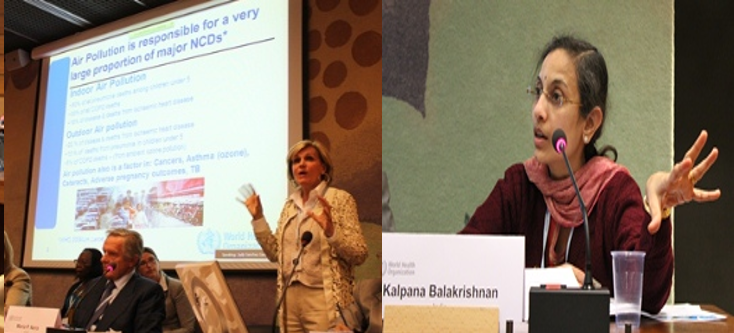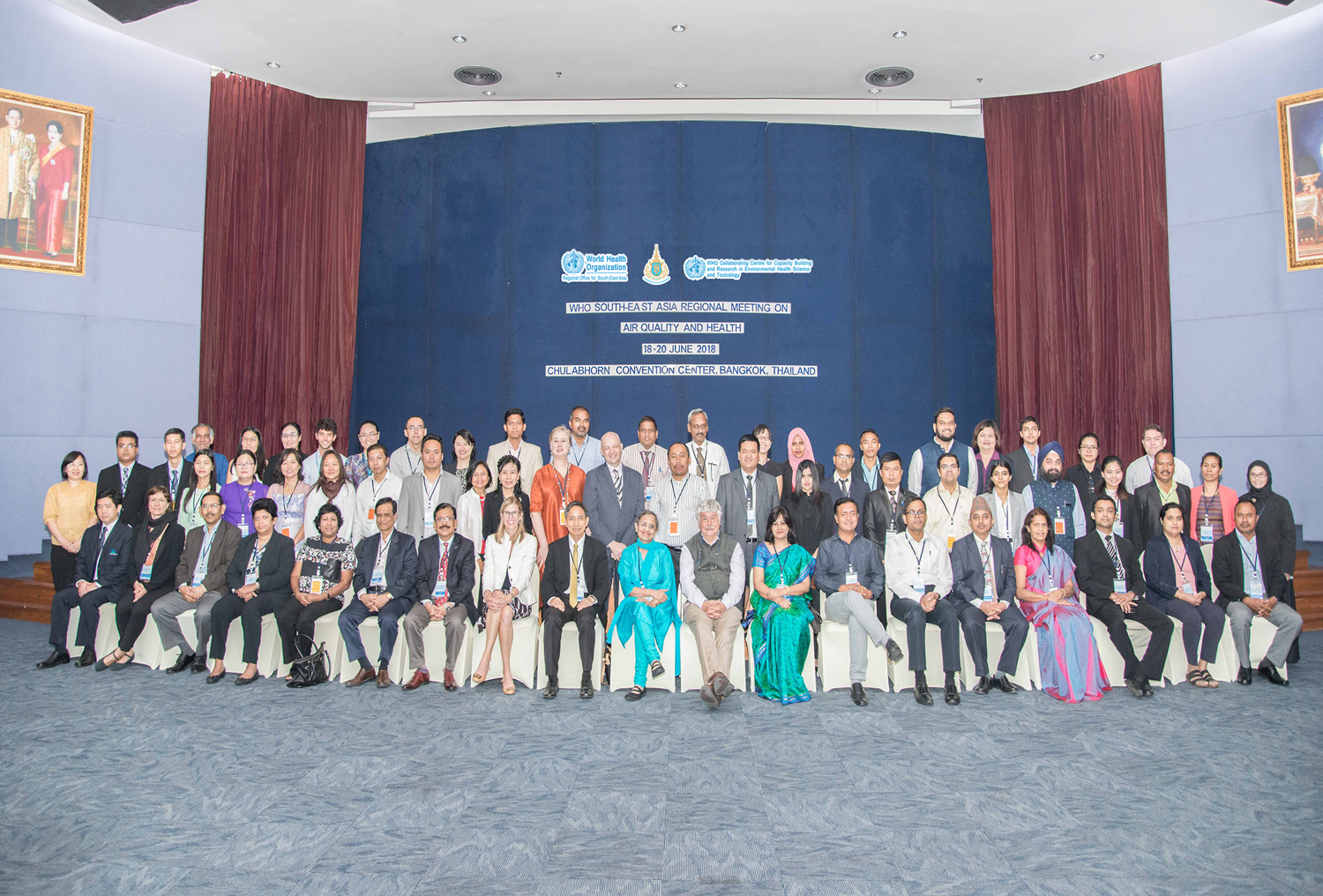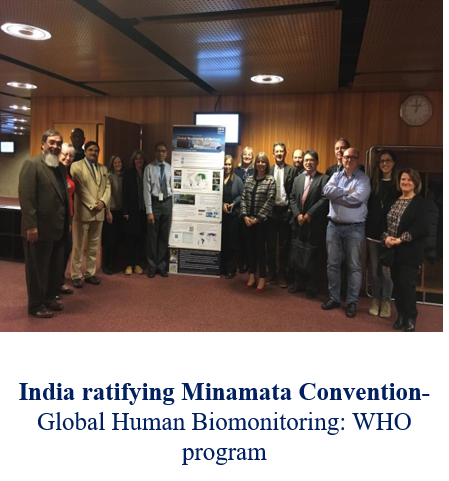SRIHER –World Health Organization Collaborating Center (WHO-CC) For Research and Training in Occupational and Environmental Health
SRIHER was designated in 2007, as a WHO Collaborating Center (WHO-CC) for Research and Training in Occupational and Environmental health. Under the guidance of the Director-General of WHO, the SRIHER WHO-CC serves as a part of an international collaborative network set up by WHO in support of its occupational and environmental health programmes at the country, intercountry, regional, interregional and global levels. In line with the WHO policy and strategy of technical cooperation, the SRIHER-WHO CC also participates in the strengthening of country resources, in terms of information, services, research and training, in support of national health development. Over the last 18 years, the CC has been a leading contributor to research and training in recognition, evaluation and management of environmental and occupational health risks with a special focus on air pollution and chemical risk management.
During the first two terms much of the focus was on developing simple risk management toolkits for occupational hazards and building capacities in industrial hygiene and occupational health surveillance across multiple industrial sectors. The outputs from these exercises resulted in the refinement of chemical risk management practices and aided implementation of cost-effective interventions across numerous small and medium enterprises. In the third and fourth terms the exposure assessment paradigms developed by the CC were applied in the broader environmental health context for addressing air pollution risks in the household and ambient environment of low and middle income countries. The CC played an important role in providing technical inputs for the update of the WHO Air Quality guidelines in 2006, 2014 and 2018 as well as the IARC monographs on ambient and household air pollution.
In the current term, the CC is focusing on (i) development and review of core training modules on Air Pollution and Health for the Health Sector (ii) expanding analytical capacities for air toxics including validation of SOPs and methods for biological monitoring of heavy metals, polycyclic aromatic hydrocarbon and volatile organic compound exposure. (iii) supporting research evidence on health hazards for outdoor workers and (iv) assisting WHO’s in burden of disease exercises attributable to air pollution and occupational risks.
Most recently, the CC has played an important part in the generation of Science and Policy Summaries for Air Pollution, Climate and Health that have been launched globally in July 2025. In the coming years , the CC aims to actively contribute and anchor WHO’s global plan of work on Climate change , Air Quality and Health with a special focus on addressing the needs of low and middle income countries.



